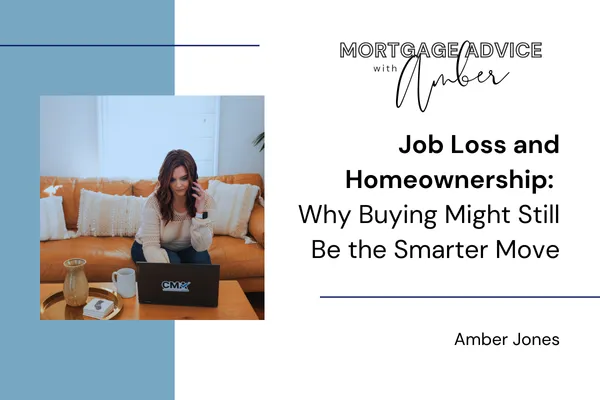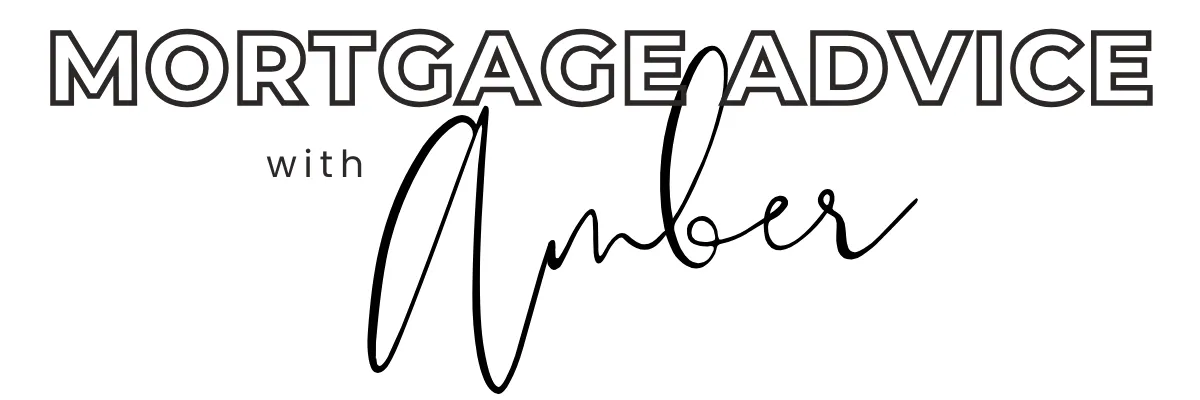
Job Loss and Homeownership: Why Buying Might Still Be the Smarter Move
Job Loss and Homeownership: Why Buying Might Still Be the Smarter Move
If you're feeling uncertain about your job and it's causing you to delay buying a home, you're definitely not alone. Recent surveys show that job insecurity is a major reason many people are pressing pause on big financial decisions—especially purchasing a home.
But here's something most renters don’t realize: owning a home can actually give you more financial protection and options than renting ever could, especially in times of crisis.
Let’s break this down clearly, from the lessons of the 2008 housing crisis to the real differences between losing your job as a renter versus a homeowner.
1. You're Not Alone: Job Insecurity Is Widespread
Surveys from Redfin and HousingWire reveal some sobering stats:
35% of U.S. workers have delayed purchasing big-ticket items like a home due to job security concerns
Over 40% of Americans are postponing or canceling home or car purchases altogether
Those earning under $50K are even more likely to hesitate on buying a home
If you're in this group, your hesitation is understandable. But that doesn’t mean it’s your only option.
2. Renting Doesn’t Shield You From Risk
Many people assume renting is the “safer” bet during times of uncertainty. But let’s look at the reality:
You’re still on the hook for monthly rent, no matter what happens with your income
Landlords are often unforgiving when rent is missed—even if you’ve lost your job
In many cities, eviction can start after just one missed rent payment
There are few to no national protections in place for renters facing financial hardship
So if your income is disrupted, the renter safety net is practically non-existent.
3. Homeowners Have Built-In Safety Nets
This might surprise you, but as a homeowner, you have far more support options if your income takes a hit.
After the 2008 housing crisis, new protections and departments were created—specifically to help homeowners stay in their homes when financial hardship strikes.
One of the most powerful examples is the loss mitigation department, now standard at all mortgage servicing companies. Their mission? Help homeowners avoid foreclosure and find temporary or long-term solutions when facing hardship.
4. What Is Hardship Assistance?
If you're a homeowner and lose your job (or face any major income reduction), you may qualify for hardship assistance. This can include:
🔹 Forbearance
Pauses your mortgage payments for 3–12 months
Gives you breathing room to recover
You resume payments after the pause ends
🔹 Loan Modification
Adjusts the terms of your existing mortgage
Can reduce your monthly payment permanently
Often includes a 3-month trial to make sure it’s manageable
Other situations that can qualify as a hardship include:
Reduction in hours
Divorce or separation
Medical issues
Shift from dual to single income household
The bottom line? As a homeowner, you’re not left to fend for yourself. There's a structure in place to help.
5. If All Else Fails, You Still Have Options
Even in a worst-case scenario where none of the hardship assistance programs work out, homeowners still typically have:
Time: While assistance is being explored, you're still in your home
Equity: Many homeowners have built up value they can access
Options: You may be able to sell and walk away with cash in hand
As a renter? You might get your security deposit back—if you're lucky.
6. Homeownership Is More Than an Investment
Yes, owning a home helps you build equity. Yes, it can appreciate in value. But perhaps more importantly in this context:
Homeownership gives you flexibility, time, and support during life's unpredictable seasons.
When you own your home, you’re not just investing in property—you're investing in personal security and peace of mind.
7. You Don’t Need to Start With a Dream Home
Let’s say you’re intrigued but still cautious. That’s fair.
Homeownership doesn’t mean diving into a mansion with a pool and a three-car garage. It means:
Exploring what your current rent translates to as a mortgage payment
Finding a conservative starting point that aligns with your income
Building long-term stability—even if it’s a starter home
As a mortgage advisor, I help clients do exactly that. You don’t need to make huge leaps. You just need to make smart steps.
Expert Insight from Amber Jones:
“While you can't predict your job future, you can plan for your housing security. And often, that path starts with owning, not renting.”
📌 Final Thoughts: Reframe the Risk
If job loss or job instability is causing you to hesitate, don’t just assume renting is the safer bet. Reframe your thinking:
Renting offers no equity, no protections, and no exit plan
Owning offers programs, options, and support
Buying a home isn’t just a financial decision. It’s a resilience strategy.
If you're curious about what owning could look like in your current situation—even if you're unsure—I'm here to help.
❓ FAQ: Job Loss and Homeownership
1. Can I buy a home if I'm worried about losing my job?
Yes, but it’s important to buy conservatively. Your lender can help you understand your options based on your current income, and you can plan for worst-case scenarios with safety nets in mind.
2. What happens if I lose my job right after buying a house?
If that happens, you can contact your mortgage servicer’s loss mitigation department to explore options like forbearance or loan modification. These are built specifically for situations like this.
3. Is it easier to get evicted as a renter than foreclosed on as a homeowner?
Yes. Renters often face eviction proceedings after a single missed payment, while homeowners go through a longer process with more protections and options.
4. What’s the first step if I want to explore homeownership?
Start by talking with a certified mortgage advisor. They can help you understand your purchasing power, what kind of payment you can afford, and how to plan conservatively for your future.
Let’s Talk About What’s Possible
My name is Amber Jones, and I’m a certified mortgage advisor. If you're navigating job uncertainty but still want to explore homeownership, let’s have a conversation.
It doesn’t cost anything to get the facts—and it might just be the first step toward your most stable season yet.
Let’s schedule a 15-minute call. 👉www.loansbyamberjones.com/book-a-call

